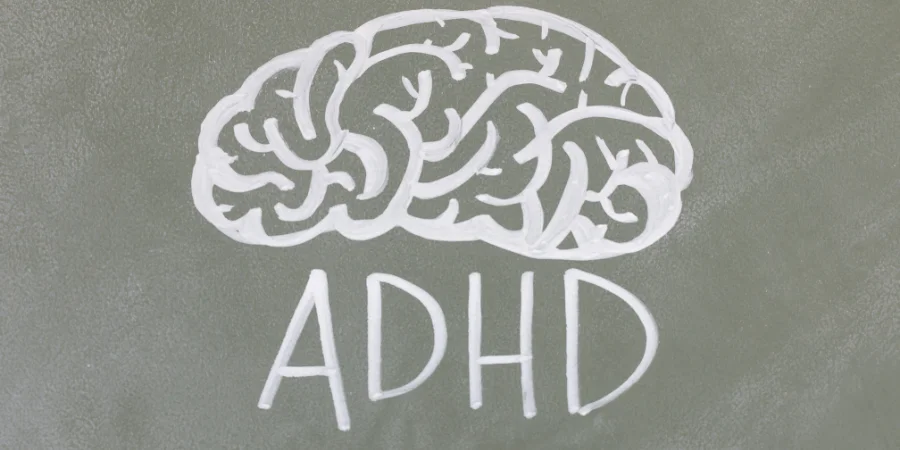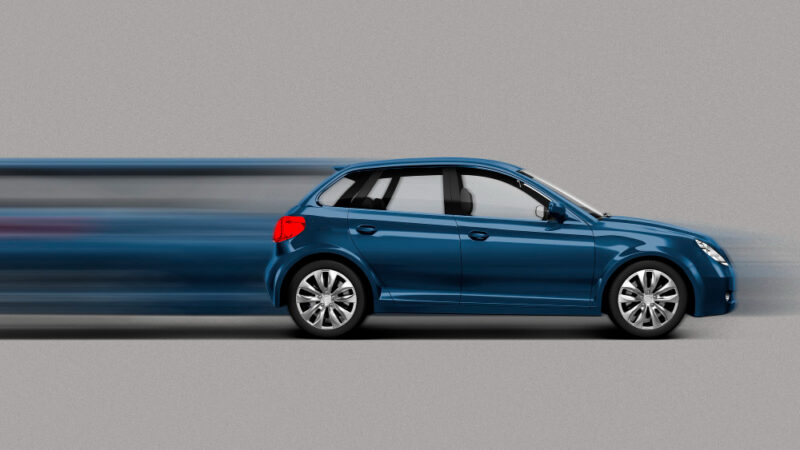7 Essential Features of a Good ADHD Rehabilitation Centre in Pune

When parents, guardians, or individuals search for an ADHD rehabilitation centre in Pune, they often look for a place that offers more than just basic therapy. ADHD (Attention Deficit Hyperactivity Disorder) is complex—it affects cognition, behaviour, social skills, learning, and family dynamics. A truly good centre must holistically address these areas. Below, we discuss seven essential features that set apart high‑quality ADHD rehabilitation centres, especially in a city like Pune, where demand is growing, but quality varies.
1. Comprehensive Diagnostic & Assessment Services
The foundation of any successful ADHD rehabilitation programme is a thorough, multidimensional assessment. This should include:
- Clinical evaluation by trained psychiatrists and psychologists to distinguish ADHD from or identify comorbid conditions such as learning disorders, autism spectrum disorders, anxiety, depression, or sensory processing issues.
- Standardised tests (IQ tests, neuropsychological testing, behaviour rating scales) to understand strengths and challenges.
- Sensory processing assessments, especially for children who may have sensory integration difficulties. Centres like Unnati Pediatric Rehabilitation in Warje, Pune, offer sensory integration therapy as a specific service.
- Functional assessments, including how the ADHD symptoms affect daily life: school, home, social interaction.
Without a strong diagnostic base, therapy plans risk being generic, less effective, or even misdirected.
2. Individualised & Evidence‑Based Treatment Plans
After diagnosis, what matters next is how treatment is tailored. Key components are:
- Evidence‑based therapies: Cognitive Behavioral Therapy (CBT), behavioral modification strategies, occupational therapy, speech & language therapy, as needed.
- Multidisciplinary team: Psychiatrists, psychologists, special educators, speech therapists, occupational therapists. Calida Rehab (“ADHD Treatment in India”) emphasises using psychiatrists, clinical psychologists, paediatric therapists, occupational/behavioural therapists and special educators.
- Personalized goal setting: Tackling academic skills, self‑regulation, social skills, emotional resilience, executive functioning.
- Flexibility & monitoring: Treatment plans should be reviewed periodically, progress measured, adjustments made.
Such plans ensure nobody gets a “one size fits all” solution, because ADHD manifests differently in each person.
3. Skilled, Well‑Trained Professionals
Even the best programme fails if staff aren’t properly trained and sensitive to the nuances of ADHD. Essential features include:
- Clinical qualifications and experience: Psychiatrists familiar with ADHD in children & adults; psychologists experienced in neurodevelopmental disorders.
- Specialized training in ADHD‑relevant therapies: Occupational therapy (especially sensory integration), speech therapy, behaviour therapy, educational interventions. For example, Aashansa Neurological Rehabilitation Center in Pune offers early intervention, speech therapy, visual rehabilitation, etc.
- Continuous professional development: New research, new techniques, emerging best practices (including digital tools).
Parents should ask whether therapists have experience in treating ADHD specifically, not just general mental health or therapy.
4. Holistic, Multi‑Modal Approach
ADHD affects many domains of life. Centres that succeed combine multiple modalities to support the whole person:
- Medication management (where clinically indicated), under psychiatric supervision.
- Therapeutic interventions: Behavioural therapy, speech therapy, occupational therapy, sensory integration.
- Lifestyle support: Nutrition, physical activity, sleep hygiene, mindfulness/meditation.
- Educational support: Special educators who can work on learning skills, homework support, teacher liaison.
- Social & emotional skills training: Coping strategies, self‑esteem building, peer interaction.
A holistic approach addresses not just symptoms but causes, triggers, environment, and supports for daily functioning.
5. Family Involvement & Psychoeducation
ADHD doesn’t just affect the individual—it affects families, schools, and communities. A good centre in Pune will:
- Include families in the therapy: Family therapy, sessions to understand ADHD, how to support positive behavior at home.
- Psychoeducation: Help parents learn what ADHD is, how to manage expectations, strategies for structure, routines, communication.
- Training & support groups: Connecting with other families, sharing experiences, reducing stigma.
Family involvement improves outcomes: children respond better when there’s consistency between therapy and home environment.
6. Safe, Supportive, Child‑Friendly Environment
The physical and emotional environment matters a lot. Key features are:
- Child‑friendly facilities: Bright, engaging therapy rooms; play areas; safe indoor and outdoor spaces.
- Sensory design: Minimizing distraction, controlling noise, lighting, calming decor. Sensory integration therapy requires spaces and equipment tailored to sensory‑seeking or sensory‑avoidant behaviours.
- Residential or outpatient accommodations matching needs: Some children may need more intensive, possibly day‑centre or residential support; others may only require periodic outpatient sessions.
- Safety & hygiene: Clean premises, trained staff, emergency preparedness.
A comfortable, welcoming environment fosters trust and better engagement from children.
7. Aftercare, Follow‑up & Community Support
Treatment doesn’t end once symptoms improve. Sustained recovery and functional improvement require ongoing support:
- Structured follow‑up: Regular check‑ins to monitor progress, adjust treatment.
- Aftercare programs: Transitioning from intensive therapy to less frequent support; maintaining gains.
- School & vocational support: Helping with school reintegration, accommodations, learning support. For older adolescents or adults, vocational counselling.
- Peer groups, community resources, support networks: Reinforcing that one is not alone; sharing experiences can reduce stigma and isolation.
In Pune, as in many Indian cities, awareness and community support are still growing, so centres that proactively provide these are particularly valuable.
Why These Features Matter for Pune
Pune is a rapidly growing educational and cultural hub. Families here have increasing aspirations, and awareness of ADHD is growing, but so are challenges—overcrowded schools, high academic pressure, noisy and overstimulating urban environments. Centres that offer these features tend to succeed better in Pune because:
- They accommodate local environmental stressors (e.g., noise, traffic, over‑scheduling).
- They liaise with schools that may have limited awareness of ADHD and needed accommodations.
- They can offer affordable and accessible services, recognizing cost, travel, and social stigma as real barriers.
Some Pune centres, like Jivhala Social Foundation, emphasise affordability, therapeutic residential setup, family involvement, aftercare and community outreach.
How to Choose: Practical Checklist for Parents & Individuals
When evaluating options in Pune, here are some practical questions to ask:
| Checklist Item | What to Look For |
|---|---|
| Assessments | Do they use standardised tests? Do they assess comorbidities? |
| Team | Who will work with you/your child? What are their qualifications in ADHD? |
| Therapies Offered | Beyond just talk therapy: occupational therapy, speech therapy, sensory integration etc. |
| Environment | Is the facility clean? Calm? Sensory‑friendly? Child engaging? |
| Family Support | Do they include family trainings or psychoeducation sessions? |
| Cost & Location | Is it affordable? Close enough for regular attendance? |
| Aftercare Plan | What happens once intensive therapy ends? How is progress maintained? |
Conclusion
ADHD is not something that can be “fixed” overnight, but with the right rehabilitation centre—one that offers comprehensive diagnostic services, personalised evidence‑based treatment, skilled professionals, holistic care, strong family involvement, nurturing environments, and robust aftercare—you can dramatically improve outcomes. If you’re seeking ADHD rehabilitation in Pune, choosing a centre with these seven essential features can make all the difference in helping a child or adult thrive, not just cope.



